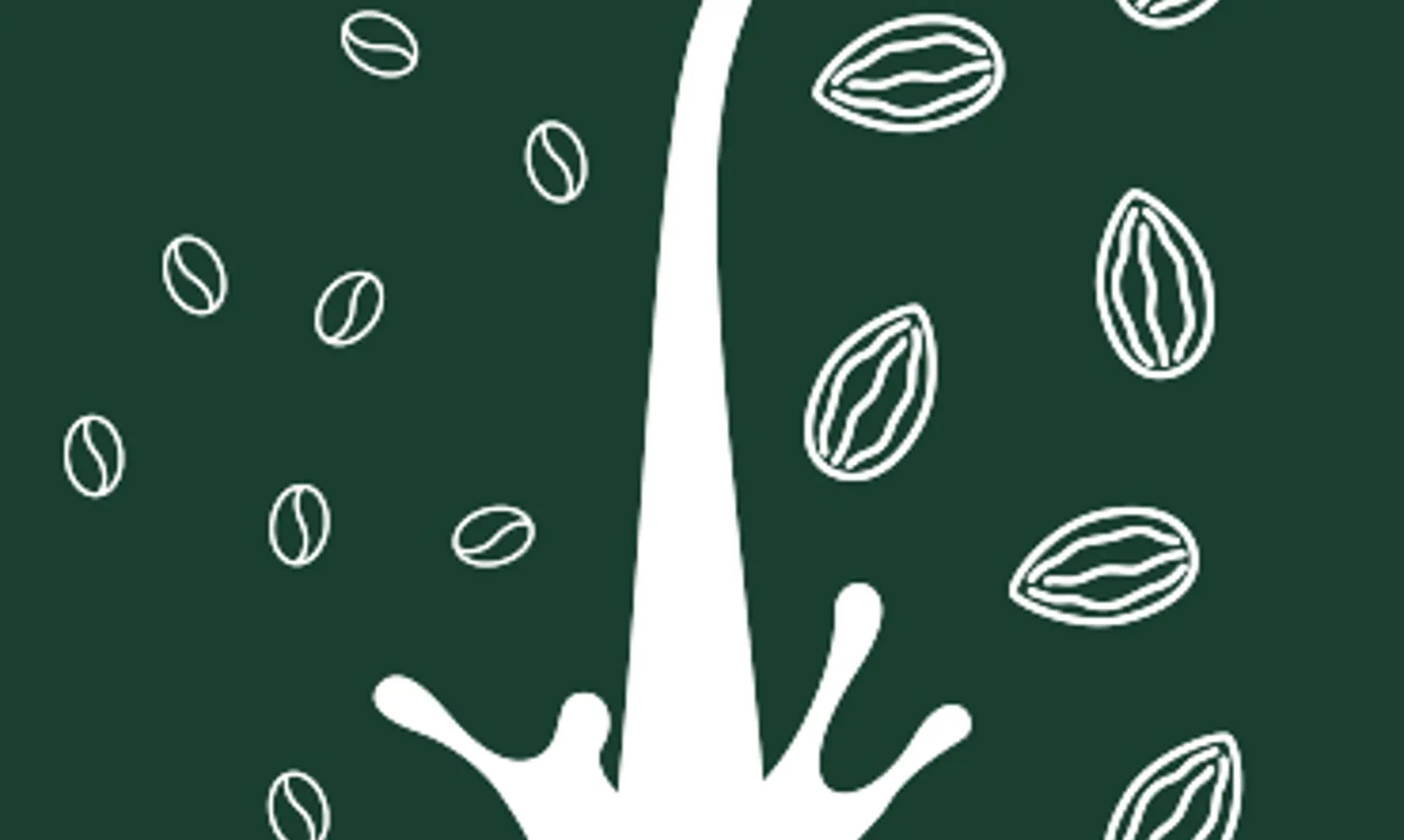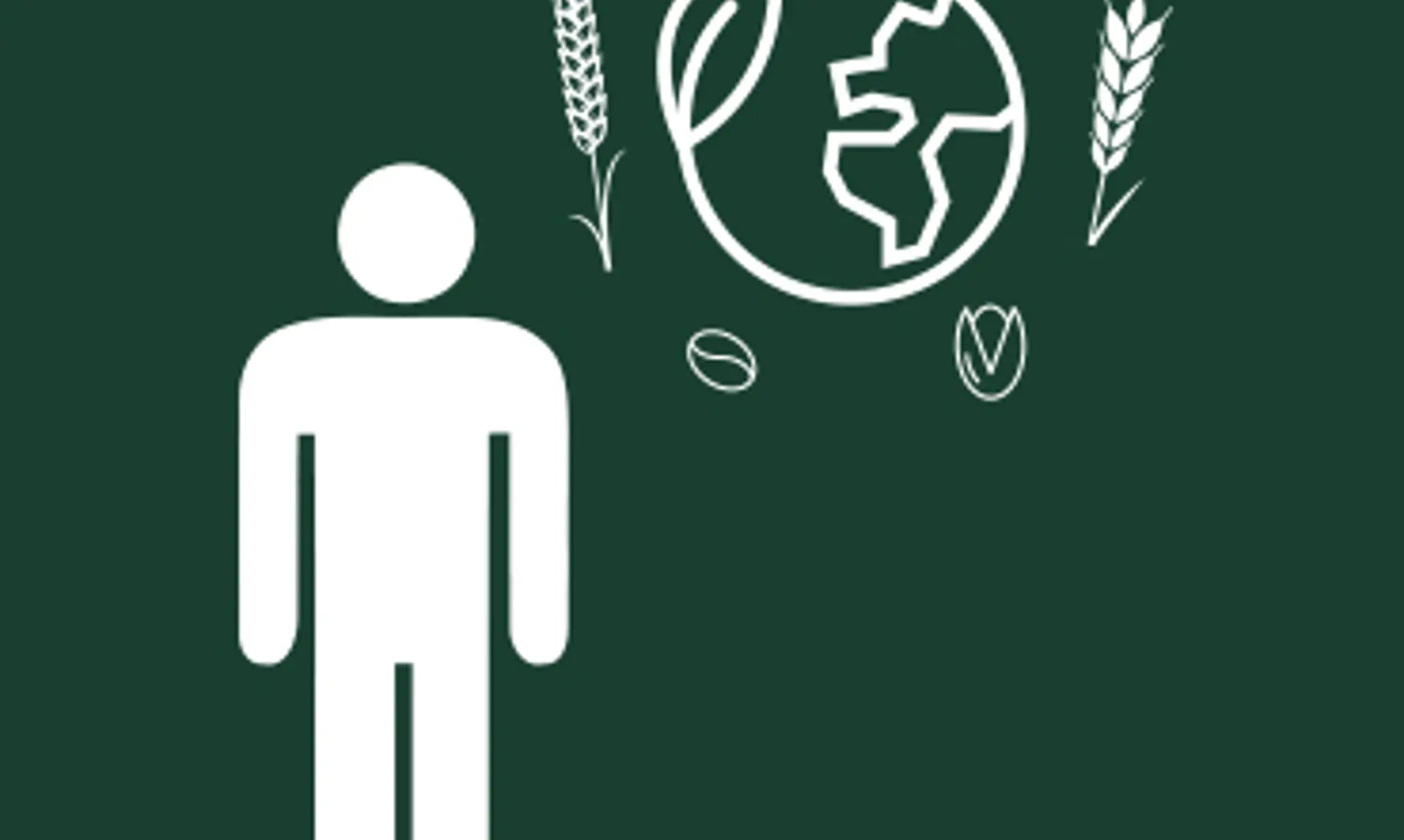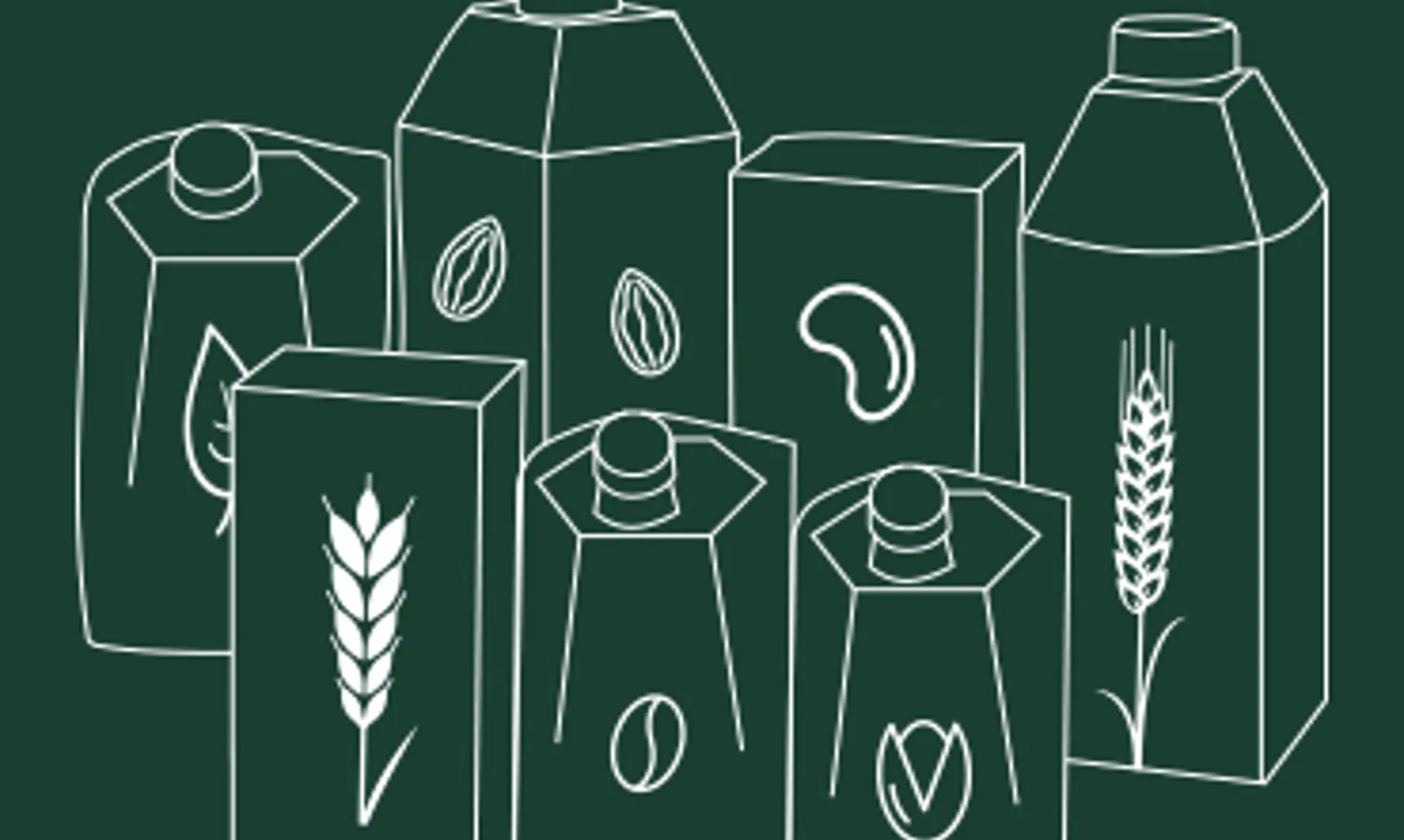The potential of plants

In part four of our Plant-based Shift series, we take a look at what the future holds for the plant-based dairy alternatives market
So far in our series, we’ve looked at the history of plant-based dairy alternatives and their steep growth in popularity. And we’ve looked at the consumer groups fuelling this demand together with the trends shaping their purchasing habits. But does the future hold? Based on the products popular today, what can we expect to enter the market next? What do consumers want and why? And how can producers be ready to meet changing demands in this segment?
Milking an opportunity
By far and large, the most popular plant-based dairy alternatives today fall under the “milk” category, accounting for almost 78% of the market in 2018. Breaking this down even further, soy and almond-based beverages continue to occupy the top spots, with sales predicted to rise steeply over the next few years. However, they’re set to face increasing competition from a host of up-and-coming contenders.

Consumers are now being offered a succession of new plant-based dairy alternatives. They can choose between products made using hemp, spelt, quinoa, peas and more. And they can also take their pick from plant-based beverages and snacks made using rice, cashews, hazelnuts, sunflower seeds, chickpeas, fava beans, barley, and lentils – to name but a few.
And while “milk” alternatives are the most popular, other plant-based dairy alternatives are on the rise. Between 2016 and 2017, plant-based cheese, yoghurt and egg alternatives saw sales jump 20%, 39% and, in the case of the latter, 100%. This is supported by 2019 research showing that, in the US alone, plant-based dairy alternatives – excluding those in the “milk” segment – were worth $1.4 billion. So, just what’s driving demand for these products?
A greener future
There are many reasons why consumers are turning towards plant-based dairy alternatives, with urbanisation, a growing global middle class, and more focus on diet and lifestyle all working together to put the plant-based movement under the spotlight. And as food and beverage producers adapt to these trends and face growing competition, it’s clear they need to focus on factors other than ingredients to differentiate.

So how can producers make sure their dairy alternatives stand out? What can they do to make a consumer choose their almond or oat-based beverage over the rest?
According to some research, a key challenge is how best to describe plant-based products. For many, terms such as meat-free, vegan and low fat can have negative or restrictive connotations. Instead, consumers want to read about the origins of what they’re buying. They want to support a product made from natural, GMO-free ingredients, and which has a low carbon footprint. And they want to see this written clearly on labelling.
This type of marketing appears to be working, with many brands and producers increasingly opting for bold messaging that focuses on perceived health benefits, sustainability efforts and the environment. All of which feeds into consumer trends without forcing the idea of shifting to a plant-based diet.
The right packaging
To help you realise the potential of the plant-based dairy alternatives market, SIG offers a whole range of unique and innovative packaging solutions – solutions designed to help you create new and exciting beverages that stand out in look, taste, experience and labelling.

With SIG as a partner, you can choose from solutions like combidome, our lightweight carton bottle; combistyle, enabling greater on-shelf differentiation with its stand-out design; and combismile*, our ultimate on-the-go pack which allows for more healthy ingredients and real food pieces to be added to beverages.
As well as these solutions, you can opt for SIGNATURE, a packaging structure featuring polymers 100% linked to plant-based renewable materials. Or EcoPlus, an aluminium-free structure made from 82% renewable paperboard, and which requires 28% less CO2 to produce than a conventional structure in the same format – without compromising quality or safety.
Want to see how solutions like these are powering the plant-based potential? Read our case story on how Finnish food producer Juustoportti chose combismile to launch its new range of Friendly Viking’s plant-based drinks in Europe’s on-the-go market.
In the fifth and final part of our Plant-based Shift series, we’ll recap all our stories so far. And we’ll offer some of our own opinions and predictions for the future of plant-based dairy alternatives, looking at how this billion-dollar industry can keep moving forward.
*Disclaimer: combismile is currently not available in Germany, Great Britain, France, Italy and Japan.
- september 17, 2020
